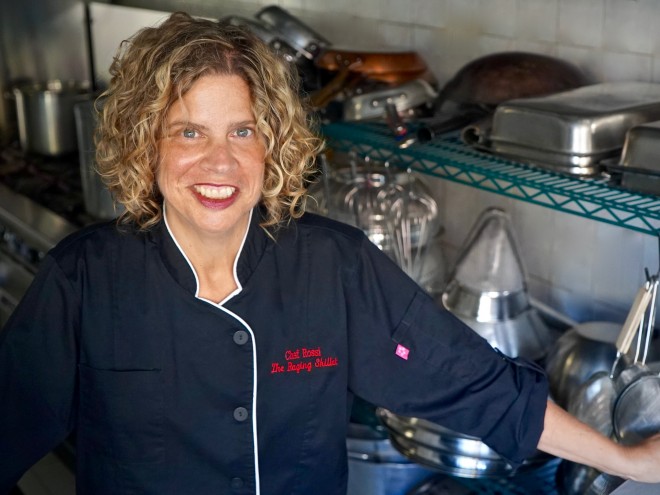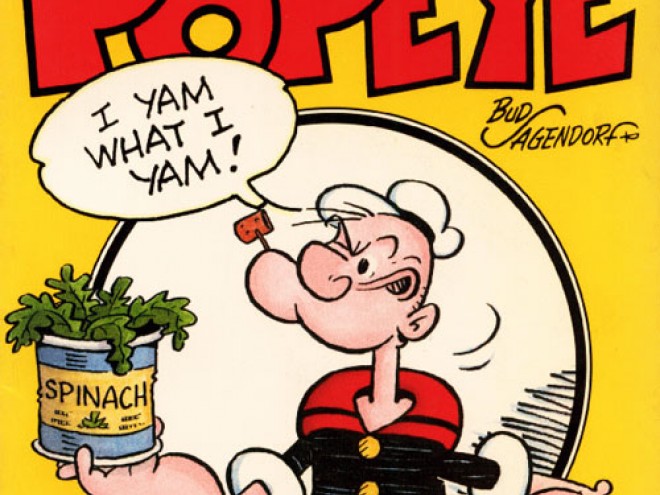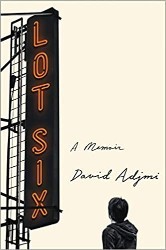Chef Rossi, also known as Rossi, is the owner and executive chef of The Raging Skillet in New York City. She’s perhaps the person one would least expect to write about the Hasidic world and Crown Heights — which makes her new book, The Punk Rock Queen of the Jews, so delightful to read.
Set in the 1980s, this coming-of-age memoir follows Rossi (née Slovah) through her childhood, where she never felt like she fit in with her traditionally Jewish family. She knew she was attracted to girls, and she generally rebelled against the norms expected of her. At sixteen, after leaving home, living in a motel, partying hard, and eventually getting picked up by the cops, Rossi was driven by her parents to Crown Heights to stay with a Lubavitch family and attend a women’s seminary until she turned eighteen. Her parents told her that if she ran away, the family with whom she was staying had instructions to call the police and have her sent to reform school.
Rossi’s world went from punk rock and drugs to long skirts, modest clothing, and living the life of a ba’al teshuvah. She writes about both the hypocrisies in the Hasidic world and the beauty of it. She resents the restrictions placed on Orthodox women but is inexplicably drawn to the rebbe. She writes, “I had the sense that, in this community, where I was mostly treated as invisible, the Rebbe might somehow see me.” Her time in Crown Heights was far from easy: she details her struggles to find a new apartment and have enough to eat, her relationships with abusive men and unavailable women, and an encounter with the rebbe himself.
After leaving Crown Heights when she turned eighteen, Rossi moved to Manhattan to start her life anew, working in kitchens and figuring out her relationship to Judaism. Readers may wish for more exposition about her life after she left Crown Heights, but what we do get paints a vivid portrait of New York City in the 1980s and 1990s. The city back then was gritty and dark, but also magical and edgy. The art and club scenes were notorious, and Rossi captures it all with the wide-eyed wonder and practiced nonchalance of a young woman trying to figure out where she belongs.
But Rossi’s memoir is much more than all of that. It is also a tale about healing and love. About dealing with pain caused by family, religion, and trauma. About learning to love ourselves, finding community, and opening ourselves up to love. And it is about forgiveness, of ourselves and others, however that might look.
Jaime Herndon is a medical writer who also writes about parenting and pop culture in her spare time. Her writing can be seen on Kveller, Undark, Book Riot, and more. When she’s not working or homeschooling, she’s at work on an essay collection.




